West Africa’s regional bloc known as ECOWAS has lifted travel, commercial and economic sanctions imposed on Niger that were aimed at reversing the coup staged in the country last year, a senior official announced Saturday.
The sanctions would be lifted with immediate effect, the president of the ECOWAS Commission, Omar Alieu Touray, said after the bloc’s meeting in Nigeria’s capital, Abuja.
A report by Africanews showed that the meeting was aimed at addressing existential threats facing the region as well as implore three junta-led nations that had quit the bloc to rescind their decision.
The lifting of the sanctions on Niger is on purely humanitarian grounds to ease the suffering caused as a result. There are targeted (individual) sanctions as well as political sanctions that remain in force,” Touray told reporters.
Nigerian President Bola Tinubu, current chairman of ECOWAS, at the start of the summit said: “Decisions to be made at the summit must be guided by our commitment to safeguarding the constitutional order, upholding democratic principles, and promoting the social and economic wellbeing of the citizens.”
Read more: ECOWAS Chair, Tinubu, meets President Sall over postponed elections, political crisis
Top of the agenda was the recent decision by Mali, Burkina Faso and Niger to leave ECOWAS, or the Economic Community of West African States, over “inhumane sanctions.”
That move was unprecedented since the bloc was established in 1975 and grew to become the region’s top political and economic authority.
“We must re-examine our current approach to the quest for constitutional order in our member states. I therefore urge them to reconsider the decision and not to perceive our organization as the enemy,” Tinubu said.
The summit was also expected to review the reportedly harsh sanctions imposed on Niger.
This week, one of the bloc’s founding leaders and Nigeria’s former military ruler, Yakubu Gowon, urged regional leaders to lift the sanctions, noting that the bloc was “more than a coalition of states (but) was a community established for the good of our people.”
In the past year, however, the bloc had struggled to resolve the region’s most pressing challenge.
The Sahel, the vast, arid expanse south of the Sahara Desert that stretched across several West African countries, faced growing violence from Islamic extremists and rebels, which in turn had caused soldiers to depose elected governments.
The nine coups in West and Central Africa since 2020 followed a similar pattern, with coup leaders accusing governments of failing to provide security and good governance.
Most of the coup-hit countries were also among the poorest and least developed in the world.
WARNING! All rights reserved. This material, and other digital content on this website, may not be reproduced, published, broadcast, rewritten or redistributed in whole or in part without prior express permission from ZAMBIA MONITOR.


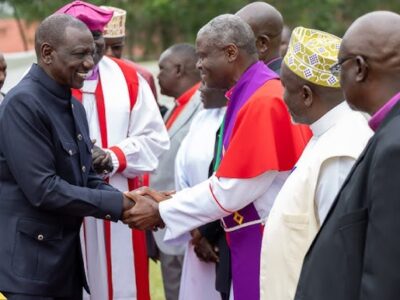
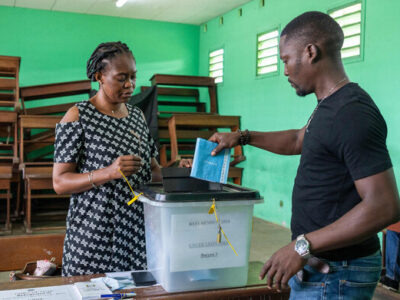
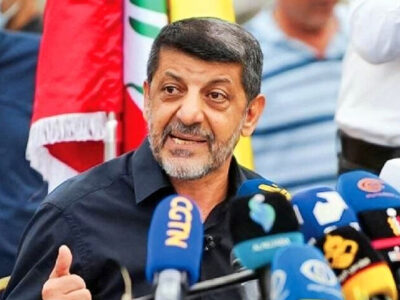
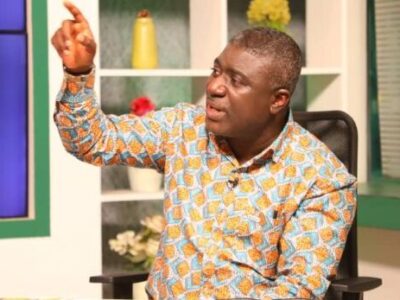

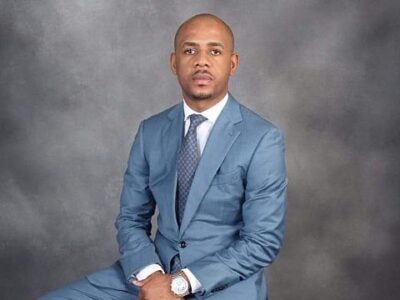




Comments